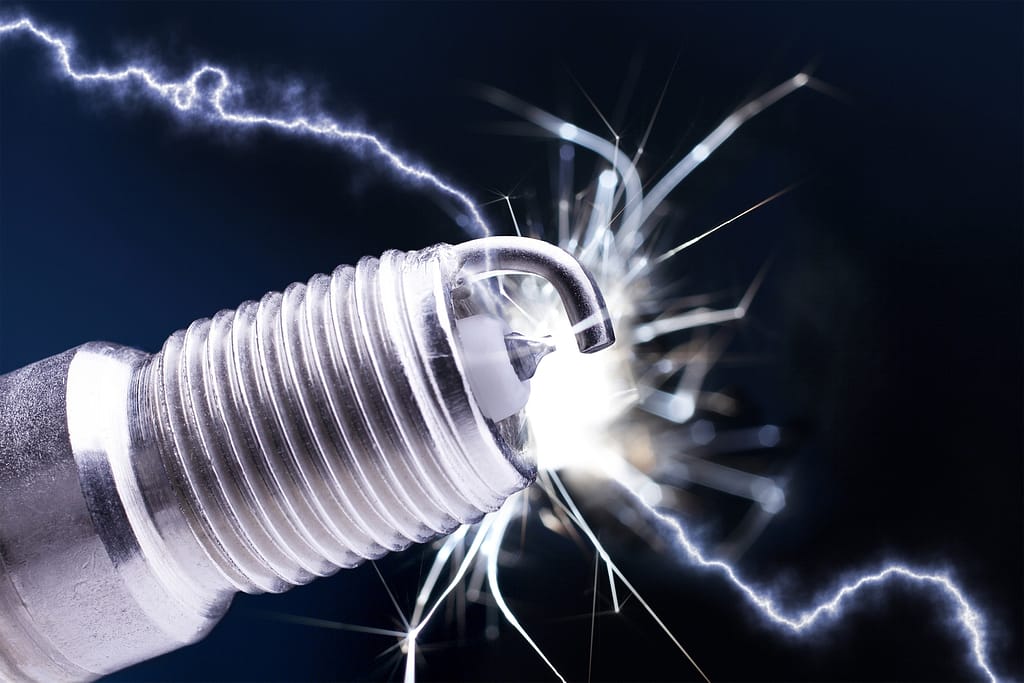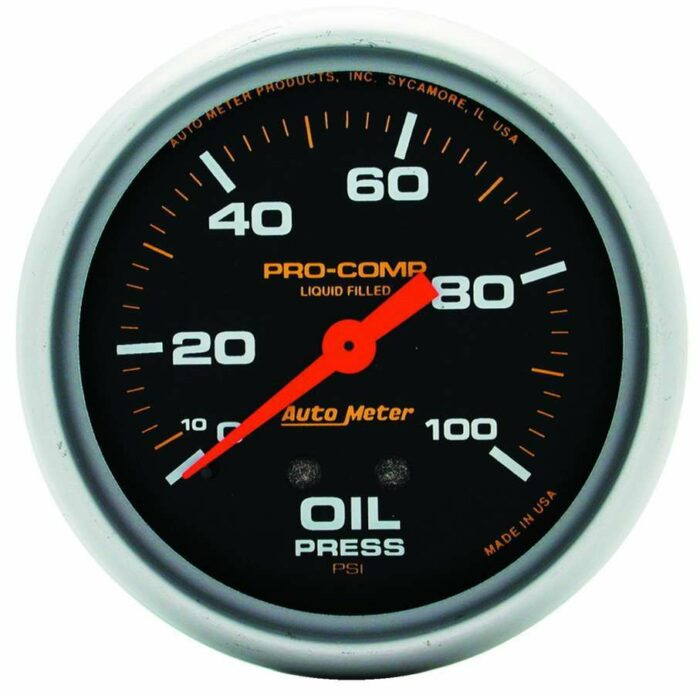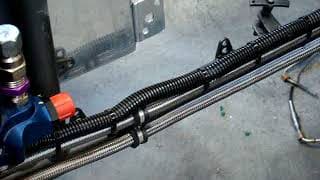A Comprehensive Guide to spark plugs
Introduction to Spark Plugs
Spark plugs play a crucial role in the combustion process of an internal combustion engine. They generate the necessary spark to ignite the air-fuel mixture, powering your vehicle. However, like any other automotive component, spark plugs can encounter issues that affect engine performance and fuel efficiency. In this blog post, we will explore some common problems associated with spark plugs and provide practical solutions for fixing them.
1. Fouled Spark Plugs
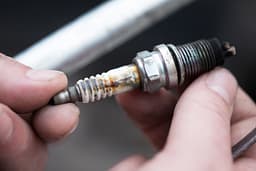
One of the most prevalent problems with spark plugs is fouling. Fouling occurs when deposits, such as oil, carbon, or fuel residues, accumulate on the plug’s firing tip, obstructing the spark. Symptoms of fouled spark plugs include rough idling, misfires, decreased power, and poor fuel economy.
Solution: If your spark plugs are fouled, the first step is to identify the cause. It could be due to worn piston rings, a malfunctioning PCV valve, excessive oil consumption, or an overly rich fuel mixture. Addressing the underlying issue is crucial to prevent future fouling. In the meantime, you can clean the fouled spark plugs using a specialized cleaner or by gently sanding the firing tip. However, severely fouled plugs should be replaced.
2. Spark Plug Gap Issues
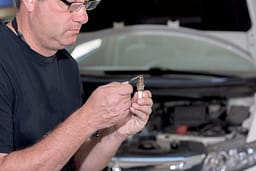
The spark plug gap refers to the distance between the center and ground electrode. A proper gap is essential for efficient combustion. Over time, the gap can widen due to erosion, resulting in weak sparks or misfires. Conversely, the gap can narrow due to electrode wear, leading to difficult starts or poor engine performance.
Solution: To fix spark plug gap issues, you can use a spark plug gap tool to measure the current gap. If it’s too wide, carefully bend the ground electrode to reduce the gap. If the gap is too narrow, gently tap the firing end to widen it. However, keep in mind that some modern spark plugs come pre-gapped and should not be adjusted. Consult your vehicle’s manual or a trusted mechanic for specific instructions.
3. Overheating and Melting
High operating temperatures can cause spark plugs to overheat, resulting in electrode melting. This can occur due to various reasons, such as advanced ignition timing, incorrect spark plug heat range, inadequate cooling system, or a lean fuel mixture.
Solution: Addressing the underlying cause of overheating is crucial to prevent further damage. If the spark plugs have already melted, they must be replaced. Consult your vehicle’s manual or a trusted mechanic to ensure you select the correct heat range for your specific engine requirements.
4. Insulator Cracks
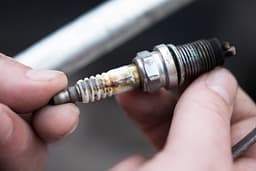
Insulator cracks can develop in spark plugs due to excessive heat or physical damage. These cracks can compromise the plug’s performance, leading to misfires, rough idling, and reduced engine power.
Solution: If you notice insulator cracks on your spark plugs, they should be replaced immediately. Insulator cracks cannot be repaired, and continuing to use them may result in severe engine damage. Always handle spark plugs with care during installation to avoid any accidental damage.
Conclusion
Spark plugs are vital components of an internal combustion engine, and addressing problems promptly is crucial for optimal performance. By recognizing common spark plug issues such as fouling, gap problems, overheating, and insulator cracks, you can take the necessary steps to fix them and ensure your engine operates smoothly. Remember, if you’re unsure about any spark plug-related issue, it’s always best to consult a professional mechanic to avoid potential complications.
Here is an article about Upgrading Your Spark Plugs.

